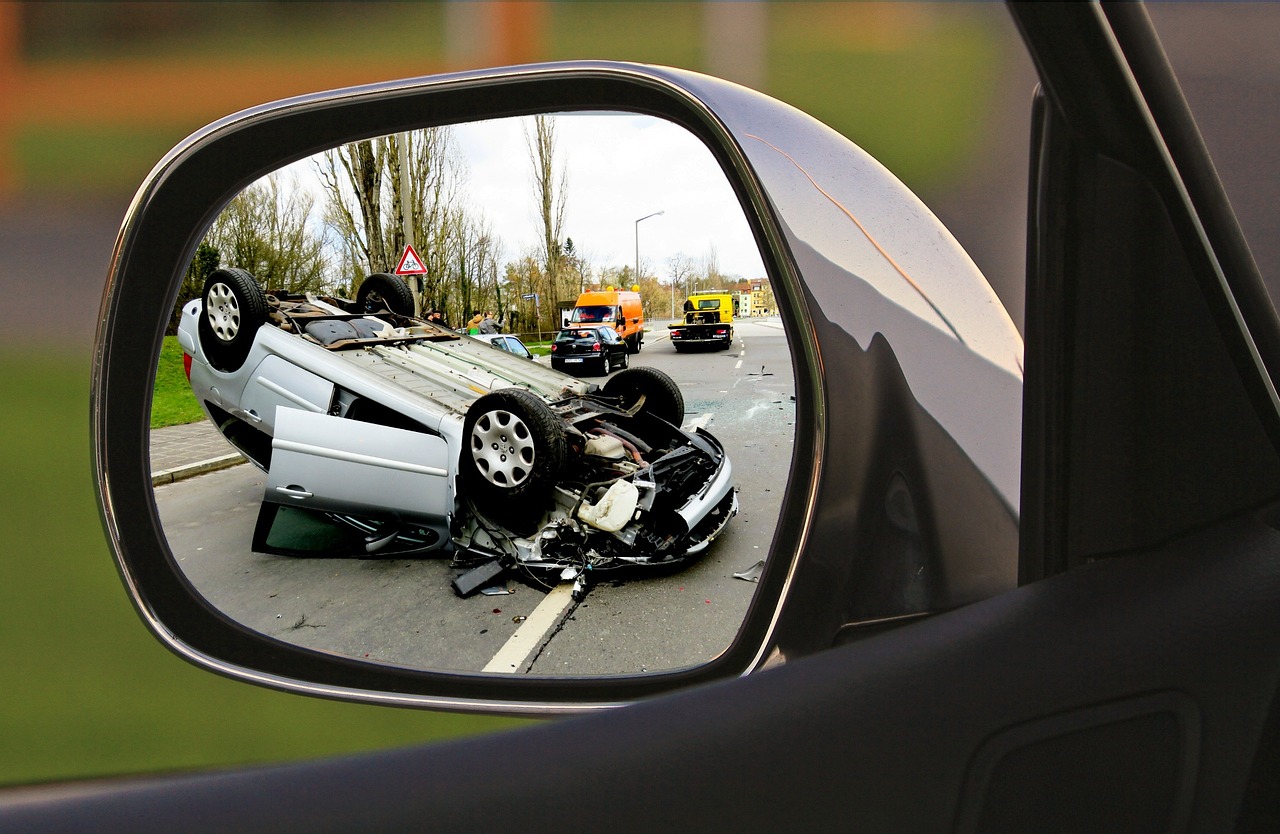Auto accidents can disrupt lives in an instant, especially when injuries, vehicle damage, or disputes over liability are involved. If you’re an Idaho driver, it’s important to understand your legal rights and obligations when involved in a crash. Knowing how accident claims work in Idaho can help protect your interests and ensure you get the compensation you’re entitled to.
Below, we explore the essential elements of filing a car accident claim in Idaho, how fault is determined, and what steps to take immediately after an accident.
Idaho Is an At-Fault State
One of the most important things to understand about Idaho’s car accident laws is that the state operates under a fault-based (or tort-based) system. This means that the party responsible for causing the accident is also financially responsible for the resulting damages.
In at-fault states like Idaho, injured parties typically have three options for pursuing compensation:
- Filing a claim with their own insurance (who may then seek reimbursement from the at-fault party)
- Filing a third-party claim with the at-fault driver’s insurance company
- Filing a personal injury lawsuit in civil court
This structure makes it especially important to gather evidence and establish who was at fault in the crash.
Understanding Modified Comparative Fault in Idaho
Idaho follows a modified comparative negligence rule, which means that you can still recover damages even if you were partially at fault—so long as your share of the blame is less than 50%. However, your compensation will be reduced in proportion to your degree of fault.
For example, if you are found to be 20% responsible for the accident, your total compensation would be reduced by 20%.
Why Fault Matters
Fault not only determines who pays for what but also affects how much you’re eligible to recover. This is why collecting evidence like police reports, photographs, and witness statements is so important when filing a claim.
What to Do After a Car Accident in Idaho
Taking the right steps immediately after an accident can significantly improve your chances of a successful claim. Here’s what you should do:
1. Ensure Everyone’s Safety
Move your vehicle to a safe location if possible, and check on the wellbeing of everyone involved. Call 911 for emergency medical help if needed.
2. Contact the Police
Always report the accident, especially if it involves injuries, fatalities, or significant property damage. A police report is a critical piece of documentation for insurance claims.
3. Document the Scene
Take photos of the vehicles, road conditions, traffic signs, and any visible injuries. Get contact and insurance information from the other driver, and gather names and contact details of any witnesses.
4. Notify Your Insurance Company
Promptly report the accident to your insurance provider, even if you believe the other driver was at fault.
5. Seek Medical Attention
Even if you feel fine, it’s a good idea to see a doctor. Injuries like whiplash or concussions can manifest hours or even days later.
Types of Damages You Can Claim
In an Idaho car accident claim, you may be eligible for various types of compensation, depending on the circumstances of the accident.
Economic Damages
These include tangible losses like:
- Medical bills
- Lost wages
- Property damage
- Rehabilitation costs
Non-Economic Damages
These cover more subjective harms such as:
- Pain and suffering
- Emotional distress
- Loss of enjoyment of life
- Loss of consortium
It’s worth noting that Idaho does not place a cap on economic damages, but non-economic damages may be subject to limits in certain situations.
Dealing With Insurance Adjusters
Insurance companies are not necessarily on your side. Their goal is to minimize payouts. Be cautious when speaking with adjusters, and avoid providing recorded statements without legal advice. If you’re unsure how to respond or feel pressured, consider seeking legal counsel.
The National Highway Traffic Safety Administration (NHTSA) also provides safety data and crash statistics that can support claims and injury documentation.
When to Consider Legal Help
If your accident involves significant injuries, disputed fault, or a lowball settlement offer, it may be time to speak with a legal professional. A knowledgeable attorney can help you navigate the claims process, gather necessary evidence, and negotiate with insurers on your behalf.
You can find guidance on selecting the right legal representation in this resource: The Top Qualities to Look for in a Car Accident Lawyer.
For example, if your accident occurred in the Boise area and you need help understanding your rights, a Boise car accident lawyer may be an ideal starting point.
How Long Do You Have to File a Claim?
In Idaho, the statute of limitations for filing a personal injury claim after a car accident is two years from the date of the accident. If the case involves only property damage, the time limit is three years.
Failing to file within the appropriate time frame can result in losing your right to compensation. This makes it crucial to act promptly after an accident, especially if fault or injuries are contested.
Insurance Requirements in Idaho
Idaho drivers must carry minimum liability insurance that includes:
- $25,000 for bodily injury per person
- $50,000 for bodily injury per accident
- $15,000 for property damage
Driving without insurance not only results in fines but can also severely complicate accident claims.
Choosing the Right Attorney in Idaho
Legal representation can significantly affect the outcome of your claim, especially in cases involving serious injury or complex liability issues. An experienced attorney understands state laws, knows how to negotiate with insurers, and can represent you in court if necessary.
For an established reputation in the legal field, check out this listing, a firm recognized for handling car accident and injury cases across Idaho and surrounding states.
Conclusion
Car accidents can leave victims overwhelmed, physically injured, and financially stressed. Understanding Idaho’s accident claim process empowers drivers to take the right steps toward recovery. From knowing the state’s at-fault laws and insurance requirements to documenting the scene and consulting a lawyer when needed, each action you take after a crash can shape the outcome of your case.
By staying informed and proactive, Idaho drivers can better protect themselves and their rights in the wake of an accident.





